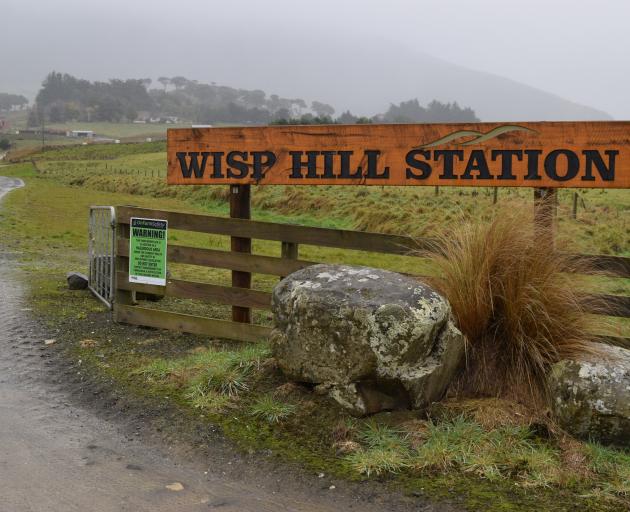
Last year, the station was bought by Ingka Investments from Southland brothers Leonard and Graham Ward.
Ingka Group is the largest IKEA retailer and represents about 90% of IKEA retail sales. It has three business areas: IKEA Retail, Ingka Centres and Ingka Investments.
Ingka Investments forestry portfolio manager Andriy Hrytsyuk said while agriculture had been an important part of the New Zealand economy, forestry also had a role to play.
"Our approach to responsibly managed forestry provides jobs and economic growth on the same land while also making a positive impact on the climate, through carbon sequestration and biodiversity.
"Our objective in purchasing the Wisp Hill farm is to create a production forest, not carbon farming."
An area of 330ha was being planted with radiata pine seedlings and the long-term plan was to have a total of 3000ha, more than three million seedlings, planted in the next five years.
At the same time, the remaining 2200ha would naturally regenerate into native bush.
Wisp Hill Station was a long-term investment, and the first planned harvest would take place 29 years after planting, Mr Hrytsyuk said.
"The property will require years of labour inputs, including preparing the soil, planting seedlings, pest and weed control, thinnings before harvesting takes place and the planting cycle begins anew.
"It will never be a ‘plant-and-leave’ operation."
The company also planned to plant native species in riparian areas.
Stakeholder meetings would be held to ensure groups, including the wider community, could give feedback on the company’s plans, Mr Hrytsyuk said.
"Our approach to forestry is to be responsible forestry managers, taking into consideration not only the economic side of things, but also paying close attention to the environmental and social impact of our activities."
A lease-back requirement would allow the former owners to phase out their operations over a minimum three-year period.













